8 Old-Fashioned Skills Grandparents Can Still Teach Their Grandkids

There’s a certain kind of magic in being a grandparent, watching little versions of your own children grow up and seeing the world through their fresh, curious eyes.
As someone who’s now a grandfather, it hits me more than ever how much value there is in passing things down. Not just stories or family traditions, but real, practical skills. The kind of things that were second nature when we were younger, but are quietly fading away in today’s world of fast fixes and digital everything.
The following skills might not be trendy, but they have real value. They build patience, self-sufficiency, and pride. And most importantly, they create opportunities for connection. What follows are eight old-fashioned skills that I believe grandparents can (and should) pass on.
Basic Household Repairs

I was raised in the 80s and, looking back, I realize I was never shown how to do even the simplest of household repairs. No one ever taught me how to fix a loose door lever or stop a leaky faucet. These things might seem small, but they’re essential life skills.
There’s a real sense of pride and independence in being able to look at something broken and know you can fix it. While I haven’t passed these skills on to my grandkids just yet, they’re still a bit too young, I have made sure to teach my children how to put up shelves, build flat-pack furniture, and take care of everyday fixes. The value in this is massive, and it’s something too many kids miss out on today.
Basic repairs teach problem-solving, patience, and self-sufficiency. In a world that leans more and more on throwaway culture, being able to fix rather than replace is environmentally responsible and cost-saving. Grandparents, with a few more years under their belts and often a more hands-on past, are the perfect people to pass this on. It’s not just about showing how something works, it’s about bonding over the process too.
Also Read: 9 Simple Ways to Stay Connected with Your Grown-Up Children
Sewing and Mending Clothes
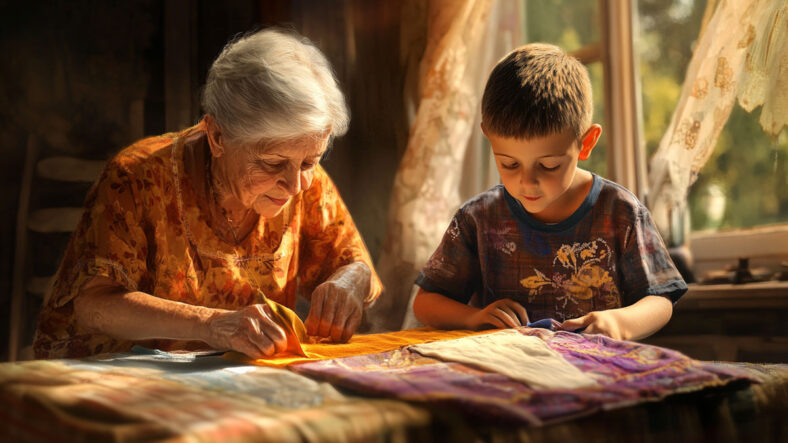
Before dementia took its toll, one of the clearest memories I have of my mum is how she could effortlessly turn up clothes. Whether it was shortening sleeves or adjusting trouser legs, she had the knack. Sadly, that’s a skill she never passed down, but I can see its value.
Being able to get the most out of the clothes you already own feels like a lost art now. Clothes are so cheap and accessible these days that even I’ve been guilty of tossing things out just because it was easier to buy new rather than fix what I had.
But knowing how to sew a button back on, hem your trousers, or patch a rip isn’t just a practical tool. It’s a mindset. It teaches appreciation, care, and resourcefulness. Grandparents are often a direct link to a time when mending was second nature, not a niche hobby. Passing on these skills can not only save money, but it might even spark something more, an interest in design, a path into tailoring, or simply the pride in being able to look after things.
Growing Fruits and Vegetables
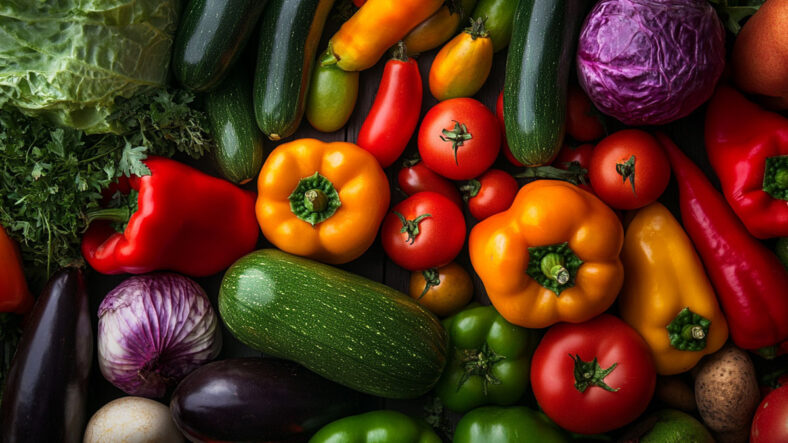
My wife is absolutely in her element when it comes to gardening. She’s already out there sowing veggie seeds and has carved out a little plot just for our granddaughter. The excitement we both feel about seeing that tiny seed grow into a cucumber, the only salad item our granddaughter willingly eats, is honestly brilliant.
For my wife, it’s more than just a hobby. It’s a passion, a joy, and now, a way to connect across generations. Watching her plan what they’ll grow next, chatting away about soil, sun, and seedlings, it’s clear this is so much more than just passing on an old-fashioned skill. It’s become a meaningful and rewarding experience for her, too.
Growing vegetables teaches patience, responsibility, and a deep connection with nature. It helps kids understand where their food comes from, why it matters, and gives them a reason to take pride in what they eat. Plus, it’s a brilliant excuse to get outside, get a bit muddy, and feel the satisfaction of nurturing something from seed to plate.
Making Handmade Gifts
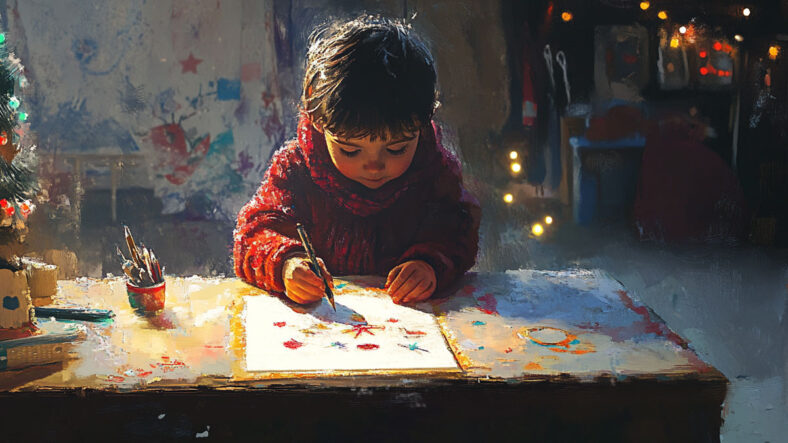
My grandkids are still a bit too young for anything too detailed, but we have made Christmas cards in the past, and it was genuinely hilarious.
These days, it can feel like if something doesn’t involve a screen, kids don’t know what to do with themselves. That’s why it’s all the more magical when you sit down with just some card, scissors, and colours, and end up with something heartfelt and personal. The kind of keepsake parents hold on to for decades. We’ve still got cards from our kids made 10, 20, even 30 years ago, and they still bring a smile every time we see them.
The beauty of handmade gifts is how easily they grow with a child’s ability. You can start with a simple card and build up to making scented candles or a photo frame, little projects we’re already planning for our grandkids.
These kinds of crafts aren’t just fun, they foster creativity, patience, and thoughtfulness. And when a gift is made by hand, it carries emotional weight that store-bought items just can’t match. Grandparents have the patience, sometimes the time, and often the experience to make these moments count.
Canning and Preserving Food
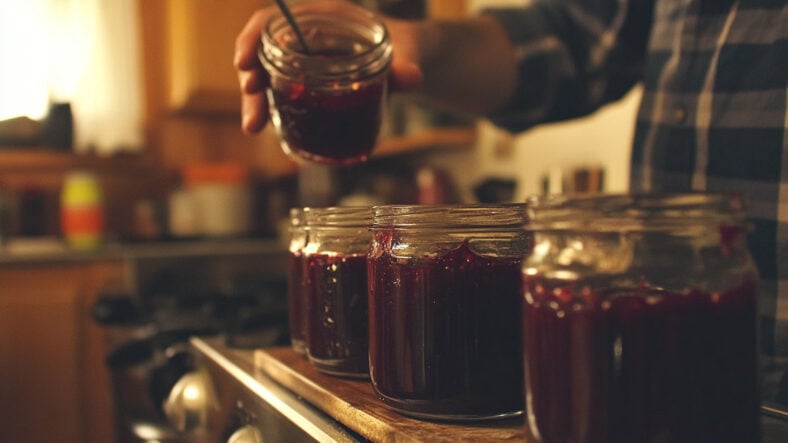
My wife only got into canning and preserving a few years ago, around the same time she started properly growing her fruits and vegetables. Once you’ve got a bumper crop, you quickly realise how important it is not to let any of it go to waste, and preserving is the perfect way to make it all last.
Our grandkids are still a bit too young to get involved in this side of things, and truthfully, we don’t know anyone our age who’s still doing it either. But that just reinforces how much of a forgotten skill this really is, one that used to be second nature to older generations, and one that feels incredibly relevant again, especially with the way food prices keep rising.
Preserving food, whether it’s canning, pickling, or making jams, teaches patience, preparation, and respect for what we grow and eat. There’s something deeply satisfying about turning fresh fruit into a batch of jam or storing your tomato sauce to use in the winter.
It’s not just about saving money or reducing waste; it’s about independence and resilience. While we’re not sure yet if our grandkids will find the process fun (boiling jams might not be the most thrilling part), there’s definite potential in letting them help with things like cooking down fruits. It could turn into a sweet bonding moment, pun fully intended.
Woodwork
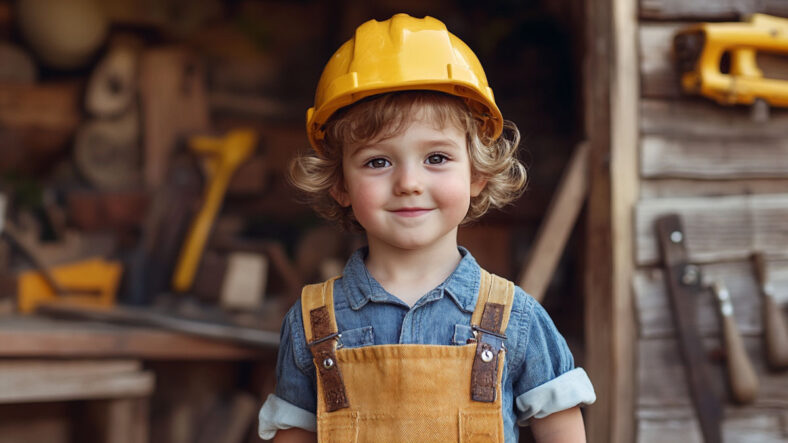
This one’s a bit trickier. If you don’t have the space or tools, it’s not easy to get stuck into traditional woodworking. But that doesn’t mean there aren’t plenty of smaller, everyday skills that can still be passed on.
Things like learning how to properly fix or fasten joints, understanding how wood behaves, or even just reinforcing modern furniture so it doesn’t fall apart after a few uses. The amount of flat-pack furniture these days that looks great but collapses in a month is staggering, and that all comes with a cost, both financially and environmentally. Knowing how to strengthen or repair something made of wood is a really useful life skill.
These are the kinds of practical woodworking skills that can be taught indoors, without needing a shed full of tools or a full-on workshop. It’s about introducing the basics, how to use wood glue properly, when to clamp, and how to drill without splitting a panel.
I haven’t had the chance to do any of this with the grandkids yet, and to be honest, my own kids weren’t particularly interested when they were younger. So I’m holding out hope for the next generation. Because even just learning the basics of wood repair gives kids confidence in their hands and a sense of independence they’ll carry for life.
Navigating with Maps
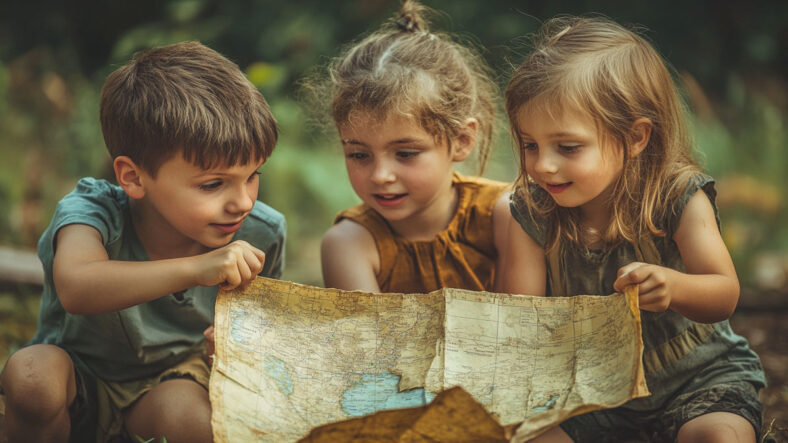
I know it might sound outdated, after all, everyone’s got a satnav or a phone with maps these days, but there’s still real value in being able to read a good old-fashioned paper map.
How many times have you found yourself in the middle of nowhere with a patchy signal, and suddenly the satnav has no clue where you are? It’s happened to me more than once, and that’s exactly when knowing how to navigate manually becomes not just useful, but essential.
We’ve already started introducing our grandkids to maps, showing them where they live, where we live, pointing out landmarks and building their curiosity. But the real fun is still to come. We’re planning little adventures where we’ll use maps and compasses to find our way around. We did the same with our daughter when she was younger, and it sparked something in her. She carried that interest into groups like the Guides and picked up a bunch of related skills that have stuck with her now, into her 20s.
Map reading builds problem-solving, spatial awareness, and a real sense of direction, not just geographically, but mentally, too. It teaches you to slow down, observe your surroundings, and think logically. And learning it with someone (like a grandparent) adds a layer of trust and fun to the experience.
Also Read: 10 Life Lessons Every Grandparent Should Pass On to Their Grandchildren
Fishing
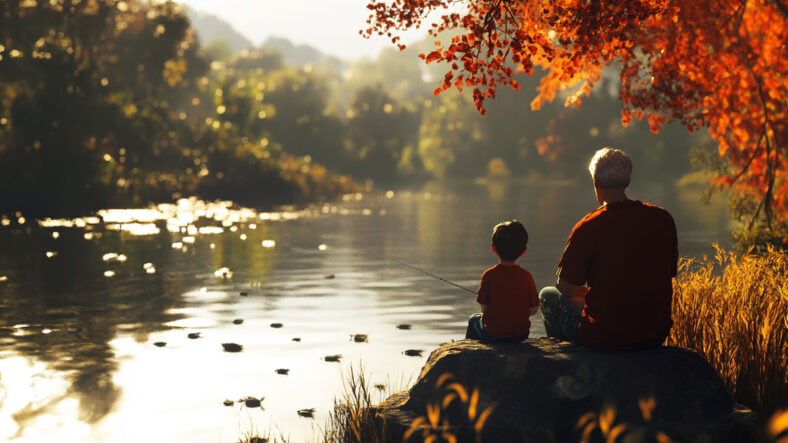
It’s been years since I last went fishing, but it’s one of those things I genuinely can’t wait to teach my grandkids, if they’re interested, of course.
In today’s world of fast gratification and digital distractions, fishing might not be the easiest thing to sell to a child. But that’s what makes it special. It’s slow, it’s quiet, and it’s about patience, presence, and connecting with the world around you. If it becomes something we can bond over, the feel of casting a line, baiting a hook, and the sheer thrill of that first bite, then that’s something truly worth passing on.
Where I live, not many kids are picking up fishing, and it feels like a fading tradition. But it’s one of those age-old skills that doesn’t just teach technique, it teaches calm. It offers time to talk, reflect, or just sit in silence with someone you care about.
Those are the kinds of moments that stick, and they’re harder to come by these days. If I get the chance to share that with my grandkids, to watch their excitement as they catch their first fish, then I’ll know I’ve passed on more than just a skill, I’ll have handed down an experience, a memory, and maybe even a little bit of wisdom.
Explore More About:Family and Relationships